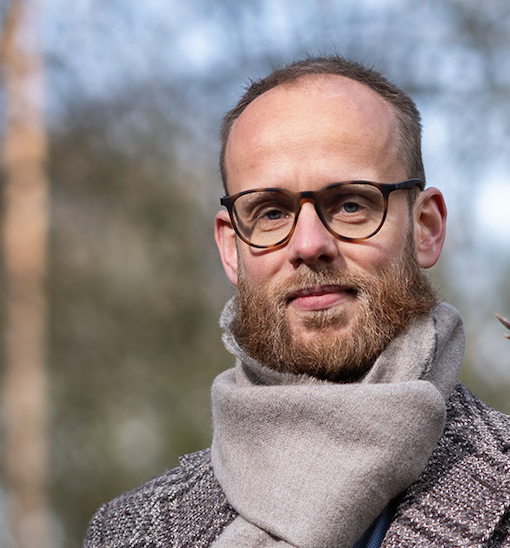
It’s official: the full title of our upcoming book is “Real Fake – Playing with Reality in the Age of AI, Deepfakes and the Metaverse”.
“Real Fake” is our take on synthetic media and the follow-up to our 2008 book “Me the Media”. Real Fake is about how humans continuously manipulate reality and how new digital technology tools enable us to go one step further in this ancient game. This includes modern phenomena like conspiracy theories such as QAnon, Deepfakes, and fake news, but also virtual humans such as CGI Influencer Lil Miquela and virtual worlds like Fortnite.
NFTs Are the Building Blocks of the Metaverse
“Since the onset of the dot com explosion of the mid-90s, the internet as it exists today has existed upon a centralized framework. The metaverse and NFTs are aiming to change that. […] NFTs are creating the groundwork for a real, verifiable, virtual world. This includes art and music, trading cards, and even real estate and other physical objects.”
This is so true. We describe it as follows in our upcoming book: “Non-fungible tokens, or NFTs, are one of the building blocks of this new economy, non-exchangeable attributes that use blockchain technology to guarantee ownership of digital objects. We might think of them as ‘media Legos’; they can be endlessly remixed, so that everyone can create and shape their own story and their unique reality.”
The Dawn of Deepfaked Emotions
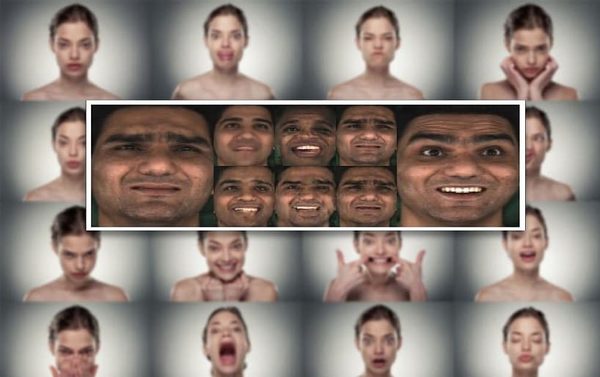
“Researchers have developed a new machine learning technique to arbitrarily impose new emotions on faces in video, adapting existing technologies that have recently emerged as solutions to match lip movements to foreign language dubbing.”
I wonder if we will feel genuine emotions when we see deepfaked emotions?
Facebook Knows Instagram Is Toxic for Teen Girls
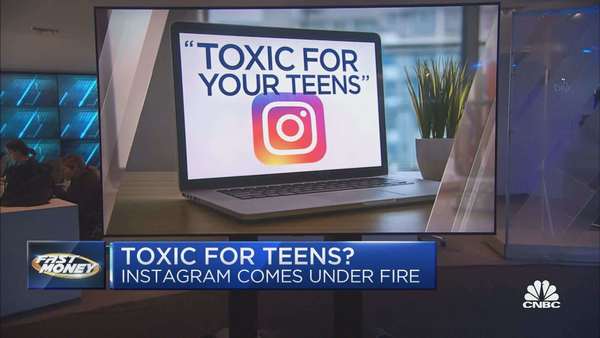
“For the past three years, Facebook has been conducting studies into how its photo-sharing app affects its millions of young users. Repeatedly, the company’s researchers found that Instagram is harmful for a sizable percentage of them, most notably teenage girls.”
Its own in-depth research shows a significant teen mental-health issue that Facebook plays down in public. “We make body image issues worse for one in three teen girls,” said one slide from 2019. “Teens blame Instagram for increases in the rate of anxiety and depression,” said another slide.
What a huge surprise… We already have Snapchat Dysmorphia, where young people are requesting surgical procedures to resemble their digital altered selfie. This is one of my main worries when fake is valued more than the real thing.
Inside Roblox’s Metaverse Opportunity
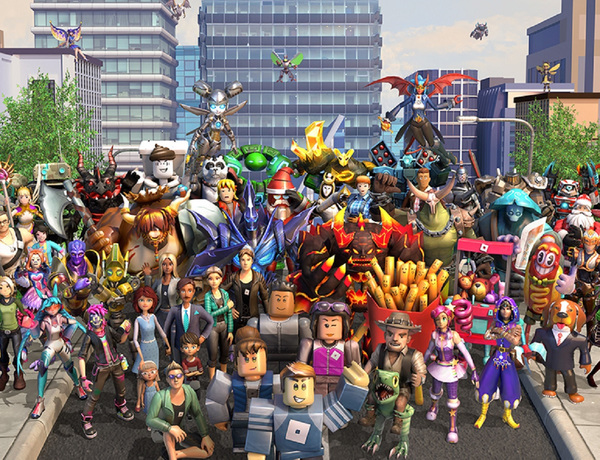
“The metaverse is increasingly becoming fashion’s go-to playground as people spend more time in virtual worlds. With opportunities to create and sell digital clothing to engaged audiences, many of them Gen Z, brands from Gucci to Vans are figuring out where they fit in. […] Opportunities in the metaverse unlock access to and a relevance among younger customers, let brands test new designs including some that wouldn’t be possible in the real world and introduce a new revenue stream.”
I think the most interesting part of the article is that trends that were started in the virtual space are now starting to pop up in our real world. It means that fake becomes the new real. Just as we described in our upcoming book.
In other news: “Roblox continues to grow in the wake of the company going public earlier this year, with its latest monthly report showing an all-time-high of 48 million daily active users in August. This is up from 41 million daily active users when we last checked in in May. The latest Roblox key metrics report also revealed that monthly earnings were between $167 million and $170 million, an increase of around 100% year on year.”
Job-Hunters, Have You Posted Your Résumé on TikTok?
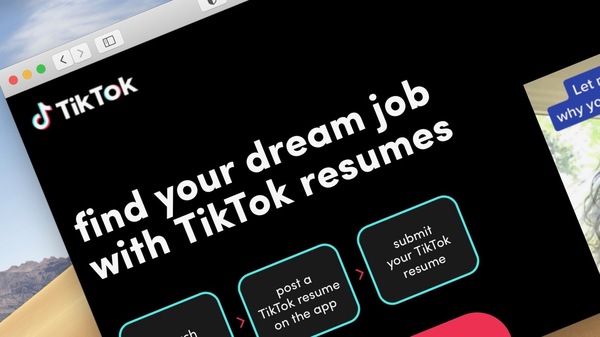
“Feeling limited by LinkedIn, some Gen Z-ers are now applying for jobs using TikTok résumés. Employers are paying attention. […] Job applicants submit videos with the hashtag #TikTokResumes and through TikTokresumes.com to show off their skills, something like a personal essay of old. They include their contact information and, if they want, their LinkedIn profile. Employers review the videos, which must be set to public, and schedule interviews with the applicants they find the most compelling.”
Inside the Cult of Crypto

“Crypto-cultism promises a social and financial revolution that will energise technological innovation, all the while rewarding the worthy with vast wealth. Many cults have offered such transformative promises, but few if any have posed such risks to retail investors, central banks and even the environment if they cannot live up to them. […] Crypto is essentially an economic cult that taps into very base human instincts of fear, greed and tribalism, combined with economic illiteracy as a means to recruit more greater fools to pile money into what looks like a weird, novel digital variant of a pyramid scheme.”
When a fandom turns into a cult: “As I argue in Fanocracy, creating fans as a great way to build a business. But it’s also important for us to be aware that fandom can veer off into the destructive nature of a cult and technologies like those from Facebook amplify the negative aspects.”
Can a Game Get Young Players Interested in Holocaust History?

Called ‘The Light in the Darkness’, the game follows Samuel, a Jewish boy growing up in Paris when the city is invaded by the Nazis. Scenes include the infamous round-up of Parisian Jews at the Vel d’Hiv on 16 July 1942.
The characters in the game, a Polish-Jewish family in France, are fictional, but the events are based on things that actually happened. By playing the game and experiencing the story, the user will become attached to the characters and be more keen to learn about the Holocaust and discrimination against Jews.
“We create the most immersive storytelling experiences using what some might consider a non-traditional medium: Gaming. By enabling game players to experience the memories of those who were forced to live and die during this tragic time, we keep our audiences more engaged and make the messaging more effective. We want people to come away feeling inspired to ask questions, to learn more, and to tell others about these important stories. This is how we are connecting as one humanity across generations. This is how we are building a lasting legacy to ensure that these Voices will not be forgotten.”
Google Takes Giant Step To Powering Web 3 With Dapper Labs NFT Deal
Sometimes you have to read between the lines to understand the bigger impact.
“In the third era of the Internet—following its first iteration, Web 1.0, and the current Web 2.0 that Google helped create,—which promises a future dominated by decentralized networks and new methods of communication and commerce, the tech giant also envisions playing an important role.” According to vice president of Google Cloud North America, Janet Kennedy, “This new evolution of consumers reimagining their relationship, their ownership of digital assets, digital collectibles—this is just the very beginning.”
MUST READ: Into the Metaverse

The report “Into the Metaverse” by Wunderman Thompson Intelligence explores what the metaverse is, how it’s changing people’s lives, new opportunities that are being created, and why brands need to pay attention. A must read!
MUST WATCH: This AI Makes Digital Copies of Humans
MUST WATCH: Who Is CodeMiko?
MUST WATCH: So I Cloned My Voice With AI
Contact
Playing with Reality is a weekly newsletter in which SogetiLabs’s Research Institute VINT examines the future where synthetic reality becomes part or our objective reality. We investigate the impact of new technology on people, organisations and our society. If you have any questions or comments, do not hesitate to contact us. You can reach us at vint@sogeti.com.

 English | EN
English | EN 